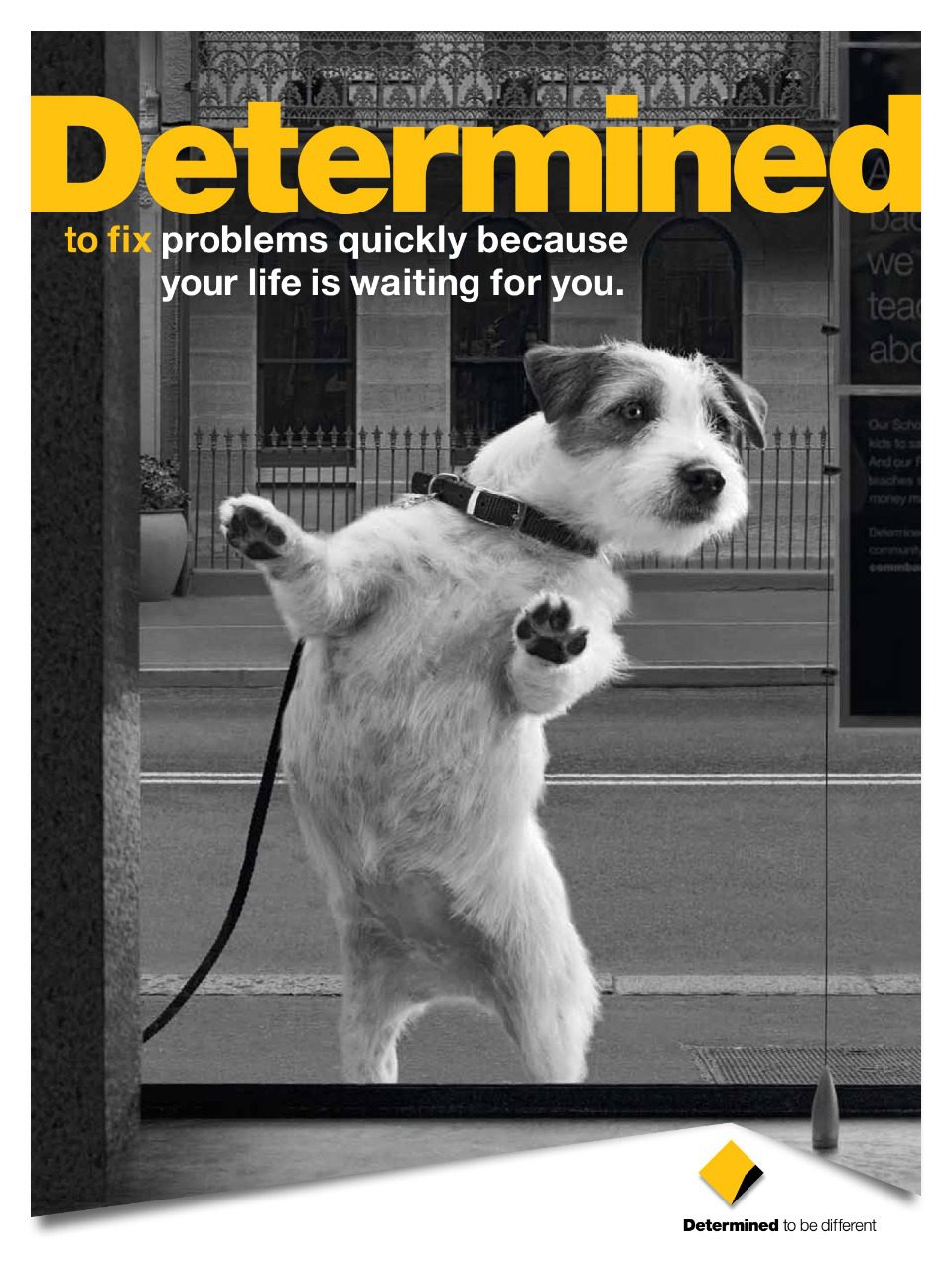CHRIS MINNS, NSW LABOR LEADER: Chris Minns, NSW Labor Leader here. Look, there’s obviously a big issue on the agenda today and that is proposed industrial action from paramedics and healthcare workers in NSW coming up this week. I’d urge the NSW Premier to sit down and have meaningful negotiations with the NSW Government. These are the heroes of the pandemic we need to cast our minds back to what they went through in the opening days of the COVID-19 emergency. It was unclear to any of us what the long term effects on the central nervous system and the lungs would be of being exposed to COVID19 and yet tens of thousands of public servants put their own health second and the public interest first and went to work regardless in support of the safety of the people of NSW. So we owe them a huge debt of gratitude.
I’d say to Dominic Perrottet that you can’t have it both ways. You can’t have rapid inflation; petrol going up 30%, house prices going up 20%, rents going up 12%, meat going up 9% and transport costs going up 12% and at the same time holding down real wages in this economy.
At the end of the day, you have to have a decent conversation with your own workforce. If inflation is predicted to be 4.8% in Sydney over the next 12 months and the Commonwealth is projecting it to be 4.2% across the country, but the wages cap is pegged at 2.5%, then the Government is effectively saying to hundreds of thousands of people, ‘we want you to have a real wage cut for the work that you do on behalf of the people of NSW’. That’s not going to cut it.
You have to be serious about negotiations between the workforce and the NSW Government and if the Government at the end of the day is planning on moving that wage cap during the budget in late June, then they should be honest with their own workforce every day last because of industrial action between now and the end of June may well be avoided if the Government is honest with their own workforce about potentially having meaningful negotiations.
So this is a serious point, the Government’s got to step up to the table. The demands of paramedics are real and acute and I’m calling on the NSW Premier to listen to his own employees.
JOURNALIST: Would you change the wage cap or would you scrap it all together?
MINNS: Well, we certainly want to move to a system where we can negotiate with our own employees if we were elected to the Government of NSW in March 2023. That means paying a lot more than 2.5% and it means obviously keeping pace with inflation. I don’t think you could look at the heroes of the pandemic after all they’ve been through over the last few years and say it’s our policy to give you a real wage cut.
Now, we’ve made it clear it’s very difficult for us to negotiate with employees from Opposition because it is about trading, talking about pay and conditions and obviously having a meaningful dialogue. That can only happen when we’re sitting around the Government table.
JOURNALIST: Under a Government you lead though, there wouldn’t be a 2.5% wage cap?
MINNS: No, under the Government that we lead, we would negotiate with the union movement about pay and conditions and make sure that there was meaningful dialogue between our own employees and the NSW Government.
Under the legislated 2.5% wages cap that’s not available to the NSW Government or the trade union movement. So you’ve only got this one instrument of either moving up the wages node or at the end of the day having industrial action which is not what people of NSW want.
JOURNALIST: Government has said that Labor is weaponising the unions ahead of the election. Do you think that this number of strikes we’ve seen over the last few weeks is actually adding to that narrative?
MINNS: I think that that’s a foolish thing for them to say, they’ve never supplied any evidence to suggest that that is the case. I think it’s more likely that two events that have taken place. The first is if you look at negotiations between the Government and unions over the previous decade, in particular under the leadership of Gladys Berejiklian, we had relative industrial peace for a decade, whether it was in the transport sector, or when she moved from the Treasuryship to the Premiership, not a single day of industrial action was lost, for example, on the railways for a 10 year period. Now we’re having repeated industrial actions because I think you’ve got new management in NSW that are unwilling or unable to have meaningful dialogue with their own workforce. That’s the first reason.
The second reason is rampant inflation is putting real pressure on household budgets. The Government’s holding that wages cap at 2.5% but we know inflation is running at higher than 4%. So you can’t have tolls going up the 4%, we can’t have taxes locked in going up at 3%, can’t have petrol going up at 30% a year. As I said, house prices, 20%, rates 12%, but say to your own workforce, we’re going to hold you at 2.5%. And if you are going to say that, well, at least be honest with your own workforce, that you expect them to take a real wage cut.
JOURNALIST: So just to be clear, you’re saying you would have meaningful dialogue and negotiations you also say you can’t do that with a legislated wages cap. So if you’re in Government, would you remove a legislated wages cap?
MINNS: Certainly a legislative wages cap of 2.5%. If you look at the Victorian model, they’ve got a wages guide and relationship negotiations with unions but it does allow the Government of the day to talk to the employer, their own employees about wages and conditions. That’s meaningful dialogue, that means that you avoid industrial action while protecting the public purse. That flexibility should apply to NSW as well.
I want to make this point there are many private sector jobs that are effectively pegged to their similar job in the public sector, for example, security guards, aged care workers, those that work in private schools, those that work in non-government schools. There’s been research that indicates that those employees have had 34% less of a wage increase compared to other private sector jobs in the economy, precisely because the NSW Government, for example, has been holding down wages. It’s one of the leading reasons why Phillip Lowe the Governor of the Reserve Bank is extremely concerned about the low wage growth in the economy. And you’re seeing right across Western Sydney for example, families saying it’s difficult for us to meet our mortgage, our rent, pay tolls, pay taxes, while at the same time having a Government that’s deliberately holding down wages.
It looks to me like everything is going up in NSW except for wages.
JOURNALIST: How would it be different under you if you won’t commit to removing a legislated wages cap because as you say it’s a blunt instrument that doesn’t allow you to negotiate?
MINNS: No, we can’t have a legislated wages cap that’s going to hold down wages and conditions of hundreds of thousands of employees that have spillover effect into the private sector. The Victorian model where the Government can talk and negotiate on wages and conditions with their own employees is a better one. Particularly in a market that we’re seeing right now, where, for example, it may be the case that there are particular conditions that unions and workers are looking to negotiate with the Government on, not just pay for example. We’re seeing that in relation to nurses. We’re seeing that relation to school teachers as well who are talking more acutely about teacher shortages, particularly in regional NSW, not just wages.
So these are complicated issues. I’m not suggesting otherwise, but we can’t have a head in the sand approach to wages and conditions, particularly not when the cost of living is going through the roof.
Thanks, everybody. Appreciate you coming out.


















